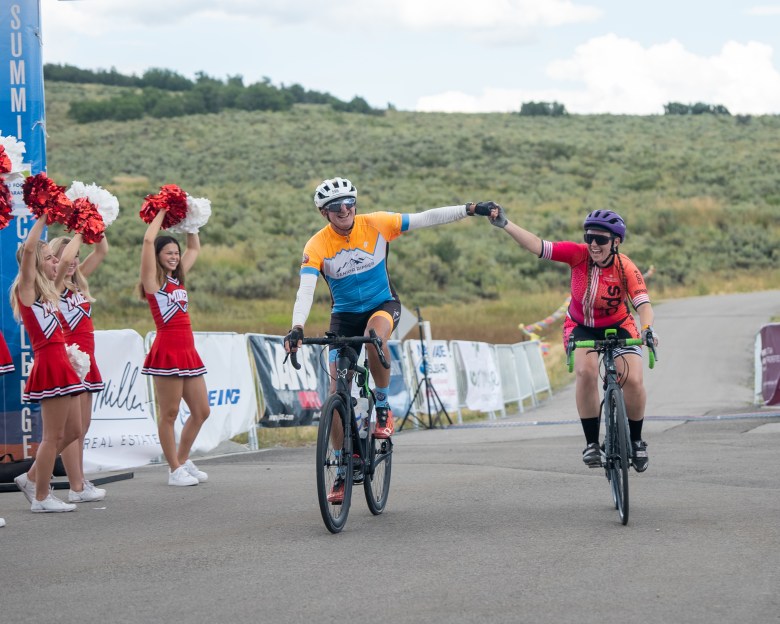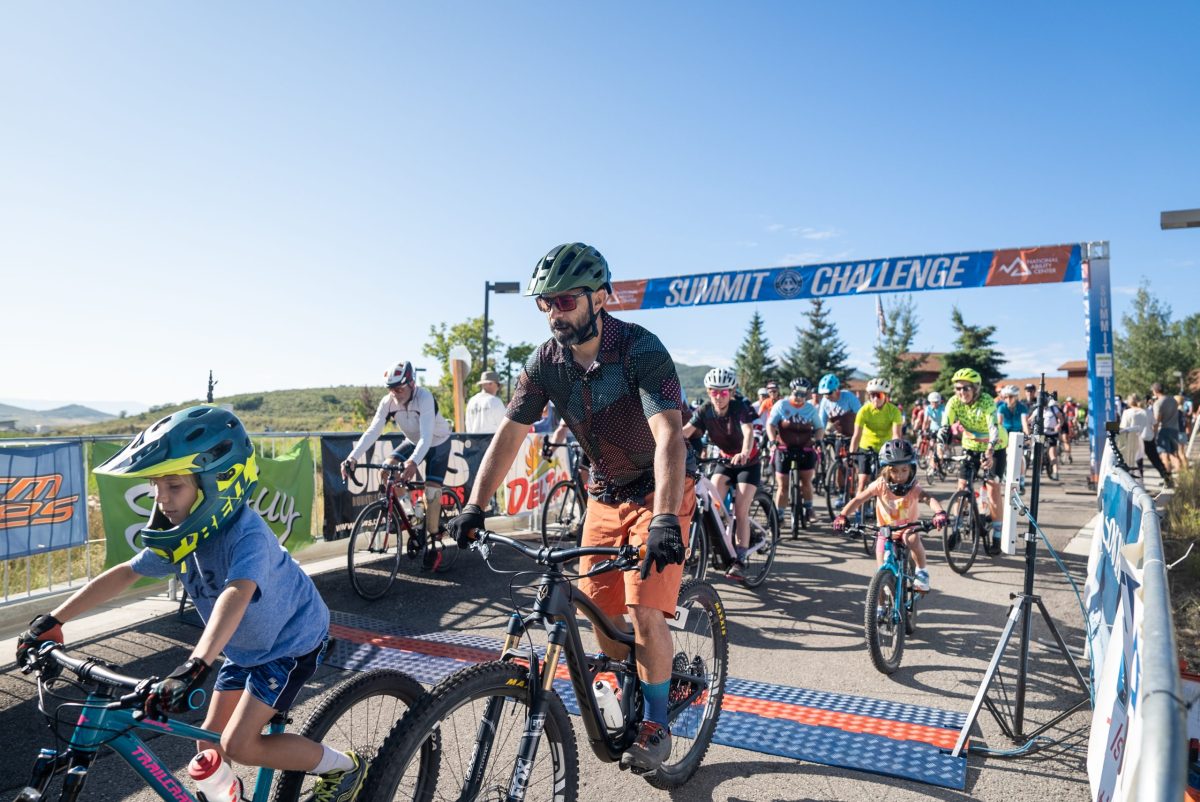It’s late August in Park City, and that means the National Ability Center’s Summit Challenge is back, now for the 17th edition.
The Challenge is a varied distance cycling race, the largest for athletes of all abilities in the state. It also serves as a fundraiser for the organization, which serves 6,000 adaptive athletes each year.
The Park City-based center wants to raise $150,000 this year.
“Most of it stays pretty standard year to year,” said Director of Development Caitlin Bognaski.
The organization caps registration at 800 riders, and next Thursday is the registration deadline. They anticipate about 100 adaptive riders out of the 800. Final race slots can be found on the event’s website: summitchallenge100.org.
All riders have eight courses available, ranging from one to 100 miles. The center’s four- and seven-mile adaptive courses were well-received 2023 additions. The 100-mile course includes a rare Wolf Creek Ranch climb, totaling two miles.

Riders will set off from the center’s main ranch starting line from 7-9:30 a.m. next Saturday, race depending. The ranch is at 1000 Ability Way in town.
The ranch will also be home to the race village, which will offer riders, supporters and fans refreshments and live entertainment. It will run from 11 a.m. to 4 p.m. on race day. The village will also host an awards presentation at 2:30 p.m.
All routes will run through Park City and surrounding areas, finishing at the same start line.
“We have 10 rest stops throughout Summit and Wasatch County for the different routes, as well as SAG (support and gear) vehicles,” added Bognaski. “If anyone has any issues with the mechanics of their bikes or anything like that, they can have support.”
National Ability Center employees like Bognaski and a team of over 200 volunteers help the event go off smoothly.
The organization loves seeing happy bikers return to the event year after year, including those from out of state. Half of the 6,000 athletes the NAC serves annually are from out of state. There aren’t any adaptive organizations across the country providing the same level of programming, lodging and transportation.
“We have some other adaptive organizations that are in the village, which is always a real fun experience, and then we also have other community partners,” said Bognaski. “It’s a very fun atmosphere, and that’s why we encourage folks to feel free to come, even if they’re not riding or spectating.”
The $150,000 fundraising goal is an increase from last year, and the center believes they can achieve it.
The center is still welcoming volunteers and riders for next Saturday’s event. Those interested in helping can reach the organization at volunteer@discovernac.org.
For further information on the National Ability Center, see their website: discovernac.org.

